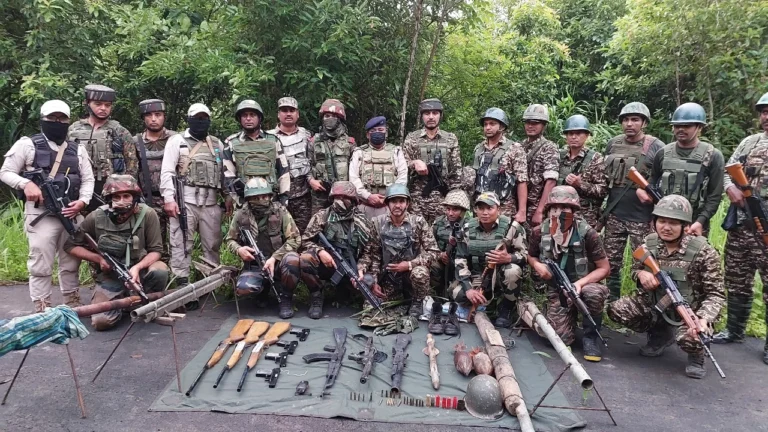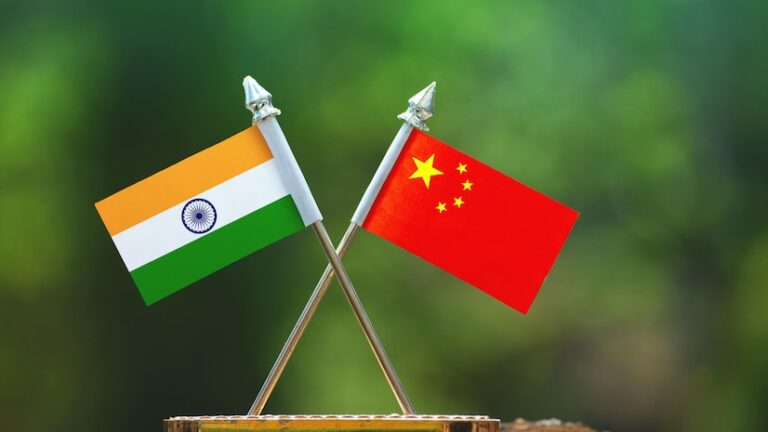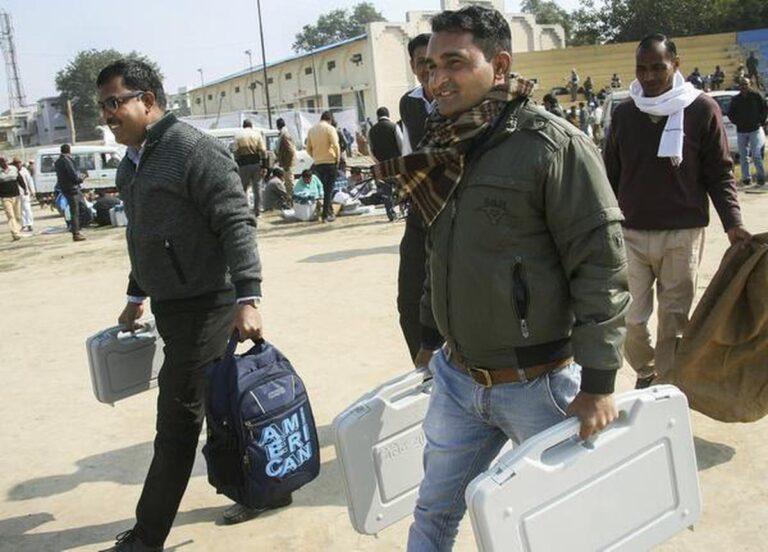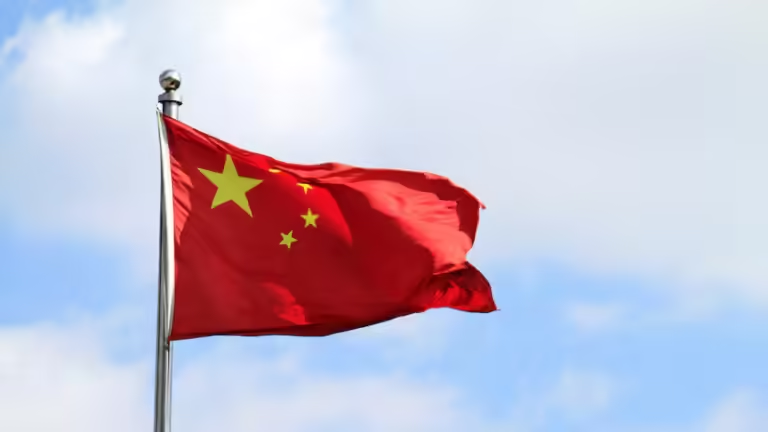India-Canada Fallout: How Far Can Justin Trudeau Go as Personal Electoral Gain Trumps Diplomatic Ties
Summary
The escalating diplomatic tensions between India and Canada have left global watchers questioning how much of this dispute is driven by political maneuvering, particularly from the side of Canadian Prime Minister Justin Trudeau. As electoral dynamics take precedence over international diplomacy, the stakes are rising, with both nations facing the consequences of a rift in one of the most significant international relationships. While Trudeau seeks personal political gains, the long-term effects on Canada’s foreign policy and its standing in the global arena remain uncertain.
Introduction: A Diplomatic Crisis at the Crossroads of Politics and Power
Diplomatic relationships between countries are often seen as carefully choreographed dances, where both sides work to maintain balance and mutual respect. But what happens when political ambitions start to take the lead in that dance? This is precisely the question surrounding the current fallout between India and Canada. The diplomatic spat between these two nations has spiraled into a full-blown crisis, with accusations flying across borders and raising eyebrows worldwide.
In the middle of this storm is Canadian Prime Minister Justin Trudeau, whose actions have come under scrutiny. Many wonder if this diplomatic breakdown is more about electoral calculus than about international principles. Is Trudeau using this situation to secure his political future, even at the cost of Canada’s relationship with a rising global power like India?
The Core of the Fallout: What Sparked This Diplomatic Rift?
Allegations and Diplomatic Retaliation
The diplomatic tensions between India and Canada reached a new low after Trudeau’s explosive allegation that India had a hand in the killing of Hardeep Singh Nijjar, a Canadian Sikh leader. Nijjar, a vocal advocate for Khalistan—a separate Sikh state—was killed in British Columbia in June 2023. India, however, had long accused Nijjar of being involved in terrorist activities. Trudeau’s bold public accusation, without clear and publicly available evidence, led to a swift rejection from India, which called the claims baseless.
In response, both countries have taken retaliatory measures. Diplomatic expulsions followed, with India expelling a senior Canadian diplomat shortly after Ottawa sent an Indian diplomat packing. Visa services for Canadians have also been suspended by India, indicating a worsening situation.
This back-and-forth, filled with sharp exchanges and diplomatic punches, has left many wondering about the true driving force behind this fallout.
Trudeau’s Domestic Pressures: Is This Political Survival Tactics?
Electoral Calculus Over Diplomacy
Canadian Prime Minister Justin Trudeau finds himself in a precarious political position at home. His approval ratings have taken a significant hit in recent months, and his handling of various domestic issues has been criticized. In such an environment, taking a bold stand on the international stage may seem like a good strategy to shore up political support. Trudeau’s strong stance on the India issue could be seen as appealing to certain voter blocs, particularly the significant Sikh population in Canada. There are over 700,000 Sikhs in Canada, many of whom have roots in Punjab, a state that has long been associated with the Khalistan movement.
This raises the question: Is Trudeau leveraging the India-Canada fallout as a way to solidify his political base and secure his position ahead of future elections? Critics argue that the timing and tone of his statements seem too calculated to be purely about justice for Nijjar. Instead, they suggest this is part of a larger strategy to play to domestic audiences, even if it risks damaging Canada’s standing on the global stage.
Balancing International Relations and Electoral Interests
At the same time, Trudeau’s decision to publicly challenge India also underscores the balancing act between domestic and foreign policy priorities. On one hand, standing up for the rights of Canadians, including those advocating for controversial causes like Khalistan, is a core part of Trudeau’s platform on human rights. On the other hand, alienating a major economic and geopolitical partner like India could have long-lasting repercussions, not just for Trudeau’s government but for Canada’s broader international interests.
India’s Position: Protecting Sovereignty or Sending a Message?
India’s Strong Response
India’s response to Trudeau’s accusations has been swift and firm. The Indian government, under Prime Minister Narendra Modi, has denied any involvement in Nijjar’s assassination and labeled Trudeau’s allegations as an attempt to interfere in its internal matters.
New Delhi’s reaction can also be seen as part of a broader effort to send a clear message that it will not tolerate any form of foreign interference, particularly when it comes to issues of terrorism and sovereignty. The Indian government has long viewed the Khalistan movement as a threat to its unity, and Nijjar was seen as a figure promoting anti-India activities. By taking a tough stance against Canada, India may be aiming to deter other nations from adopting similar postures on sensitive issues.
Economic and Geopolitical Implications
It’s also important to recognize that the fallout could have significant economic consequences. Canada and India have a growing trade relationship, with Canadian companies invested in sectors like education, energy, and technology in India. Any prolonged tension between the two nations could lead to a cooling of economic ties, at a time when both countries would benefit from stronger cooperation, particularly in areas like technology and clean energy.
Moreover, India’s role on the global stage has been steadily rising, with the country now being a key player in various multilateral forums. For Canada, maintaining a positive relationship with India is important not just for trade, but for broader diplomatic and geopolitical reasons. Trudeau’s handling of this situation could isolate Canada at a time when global alliances are shifting.
The Role of the Sikh Diaspora: A Key Political Consideration
The Khalistan Movement and Its Impact on Canada’s Politics
One of the central factors in this diplomatic crisis is the role of the Sikh diaspora in Canada. The Khalistan movement, which calls for a separate Sikh state in India’s Punjab region, has supporters in Canada, and figures like Hardeep Singh Nijjar were seen as prominent leaders of this cause. India has consistently raised concerns about the activities of Khalistani extremists in Canada, accusing the Canadian government of not doing enough to curb these elements.
For Trudeau, addressing the concerns of the Sikh community, while balancing Canada’s broader diplomatic interests, has proven to be a complex task. His government has to navigate a landscape where any perceived slight to the Sikh community could cost him politically, while also managing the fallout of a deteriorating relationship with India.
Global Ramifications: What Does This Mean for Other Countries?
A Precedent for Diplomatic Conflicts?
The India-Canada fallout could set a worrying precedent for other nations. If domestic political considerations are allowed to drive foreign policy decisions, particularly in cases where evidence is unclear or disputed, this could lead to more frequent diplomatic clashes.
For countries like the United States and the United Kingdom, which have large diasporas and complex relationships with various global powers, the India-Canada situation is a cautionary tale. How these countries balance domestic pressures with the need for stable international relations will be closely watched.
Conclusion: What Lies Ahead for India and Canada?
The fallout between India and Canada is far from over, and the consequences are likely to be felt for months, if not years, to come. For Justin Trudeau, the challenge will be navigating this diplomatic minefield while ensuring that his domestic political goals are met. However, the cost of prioritizing electoral gain over diplomatic ties could be significant for both Canada and its standing on the global stage.
As for India, it will continue to assert its sovereignty and protect its interests, particularly when it comes to sensitive issues like the Khalistan movement. But in an increasingly interconnected world, both nations must find a way to move beyond this impasse if they hope to maintain constructive, mutually beneficial relations in the future.
FAQs
- What sparked the diplomatic tensions between India and Canada?
The tensions arose after Canadian Prime Minister Justin Trudeau accused India of involvement in the killing of Canadian Sikh leader Hardeep Singh Nijjar. - Why is this issue politically significant for Justin Trudeau?
Trudeau’s strong stance may be driven by electoral calculations, particularly appealing to Canada’s large Sikh population. - How has India responded to Trudeau’s allegations?
India has firmly denied the allegations, labeling them baseless, and has taken retaliatory measures, including expelling a Canadian diplomat. - What are the broader implications of the India-Canada fallout?
This diplomatic rift could strain economic ties and complicate geopolitical relations for both countries on the global stage. - Is the Khalistan movement a key factor in this fallout?
Yes, the Khalistan movement and its support base in Canada are central to the tensions between the two nations.




